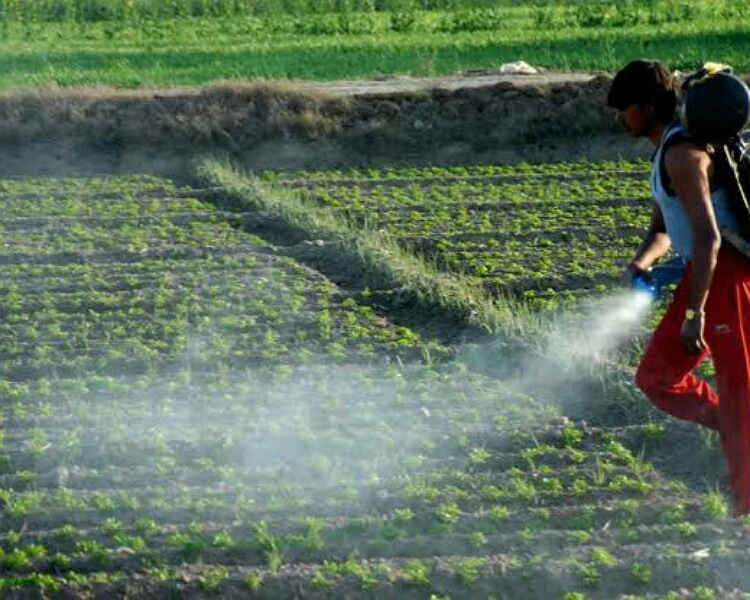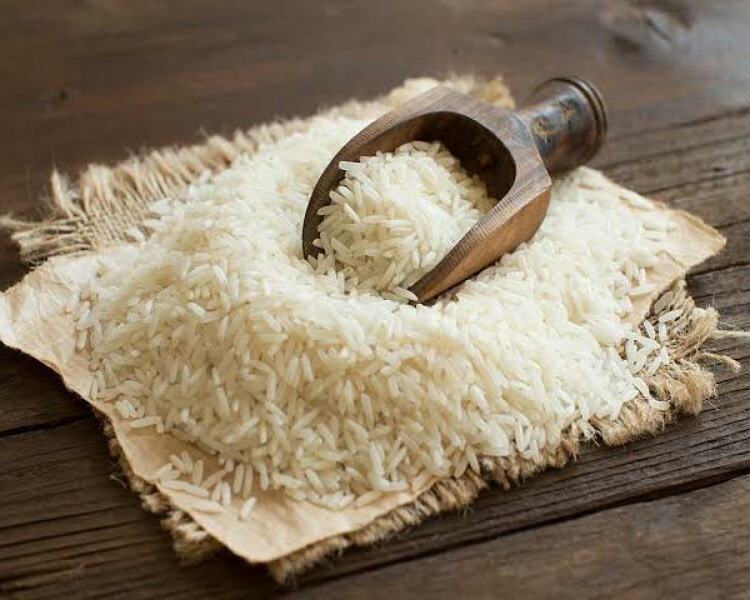The current UK government is negotiating a trade deal with India. But activists are worried since Indian agricultural products contain a large amount of toxic chemicals. Will this deal endanger health of British consumers? What can be done?
UK-India trade deal and the worry
The British government is in the process of negotiating a new trade deal with India. With this deal, the UK will import a number of agricultural products from the South Asian country. It will benefit the Indian agricultural business. But what about the British consumers?
Activists are concerned about the consequences of this deal. The reason is that Indian foods contain high levels of toxic chemicals that can harm humans. They have very high and also illegal levels of pesticides residues. Therefore, Pesticide Action Network (PAN) UK and Sustain and other industry campaigners have urged their own government to not compromise on the food safety standards that are in place in the UK.

Josie Cohen, PAN UK’s head of policy said:
“We saw the government sell British farmers down the river with the Australia deal,”
“The impact of a similar agreement with India – one of the world’s largest agricultural exporters – will be much greater.”
Pesticides residues
Many pesticides that the UK lawmakers have banned are in rampant use in India. This includes residues of chlorpyrifos and malathion. On a regular basis, Indian basmati rice has faced rejection from importing countries due to contamination with high levels of pesticides residues. This would happen more if the trade deal gets through the round of negotiations.
The new report Toxic Trade says:
“It is highly likely that a rise in Indian food exports incentivised by the deal will result in the increased exposure of UK consumers to harmful pesticides particularly with the UK border control system under-resourced and in flux due to Brexit.”

Sustain’s head of sustainable farming Vicki Hird added that this deal would cause significant health risks to the UK public:
“A deal with one of the world’s largest agri-producers risks undermining the considerable efforts being made to ensure UK farming is more sustainable – we must get the details right.”
Wrong practice from Indian side
PAN reminded that India has a long history of attempting to weaken the pesticide standards of the EU. Its track record says that in the past it has repeatedly tried to impede any international efforts on pesticides. It has tried to not allow global attempts to create regulations for the dangerous pesticides.
Moreover, the UK border controls have less staff and money to test each and every batch of food that would make it’s way to the UK after the deal. Hence, these foods would reach the UK markets without proper tests.

The head of politics of Greenpeace, Rebecca Newsom warned:
“In its rush to sign trade deals, the government must be sure it’s not in a race to the bottom on environmental standards.”
“The government has promised to put the environment at the very heart of trade deals, so any suggestion to the contrary would be very concerning – for consumers, British farmers and the environment. This an opportunity to enhance environmental standards around the world, not to sell them down river.”
Also, read Free school meals program of the UK and packed school lunch issues!
But a spokesperson for the government reassured:
“We have strict statutory limits for pesticide residue levels on imported food and a robust programme of monitoring.”
“An FTA with India won’t change this – products which don’t meet our requirements won’t be permitted to enter the UK market and we will not compromise our high food standards.”
Ref: The Grocer UK
